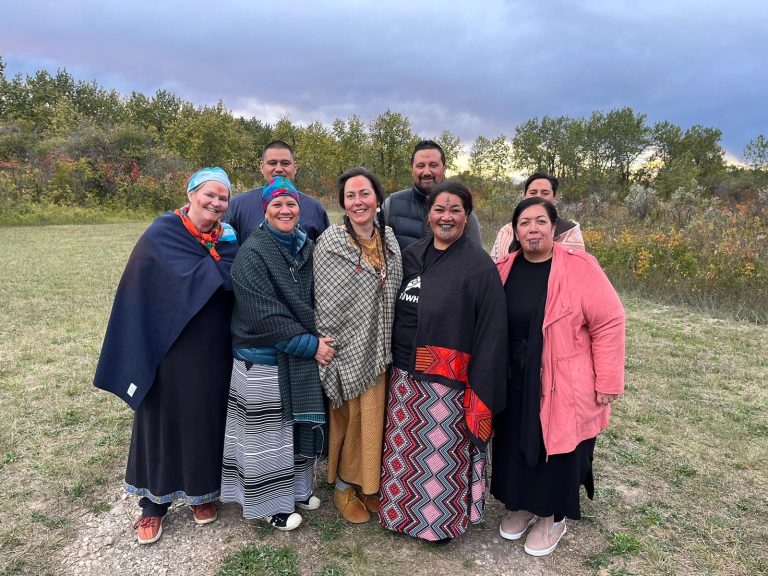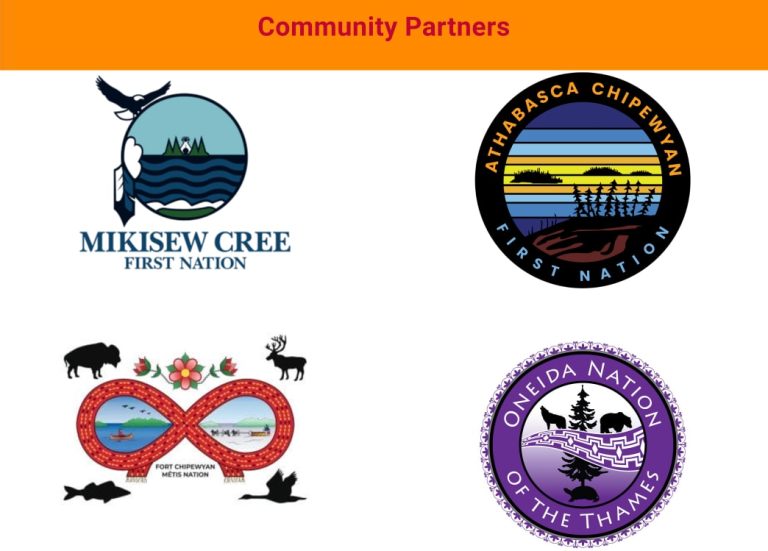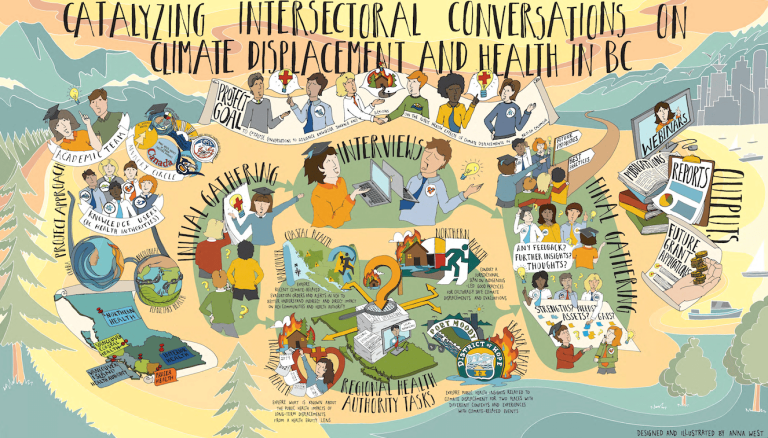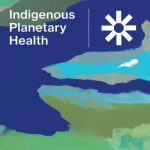Who We Are
Advancing climate, environmental, social, racial, and health justice through collaborative research.
Dr. Heather Castleden, Professor and President’s Impact Chair in Transformative Governance for Planetary Health at the University of Victoria, is the Director of the HEC (Health-Environment-Communities) Lab. The Lab is a hub for critical engagement and transformative praxis. We champion reconciliatory and decolonial research that bridges diverse cultures and disciplines.
What we do
The HEC Lab employs anti-colonial, anti-racist, feminist, and decolonizing methodologies, blending social, environmental, and health perspectives with creative tools like photovoice and digital storytelling. Committed to nurturing the next wave of scholars, Dr Castleden offers extensive training and mentorship in a supportive, innovative environment.



